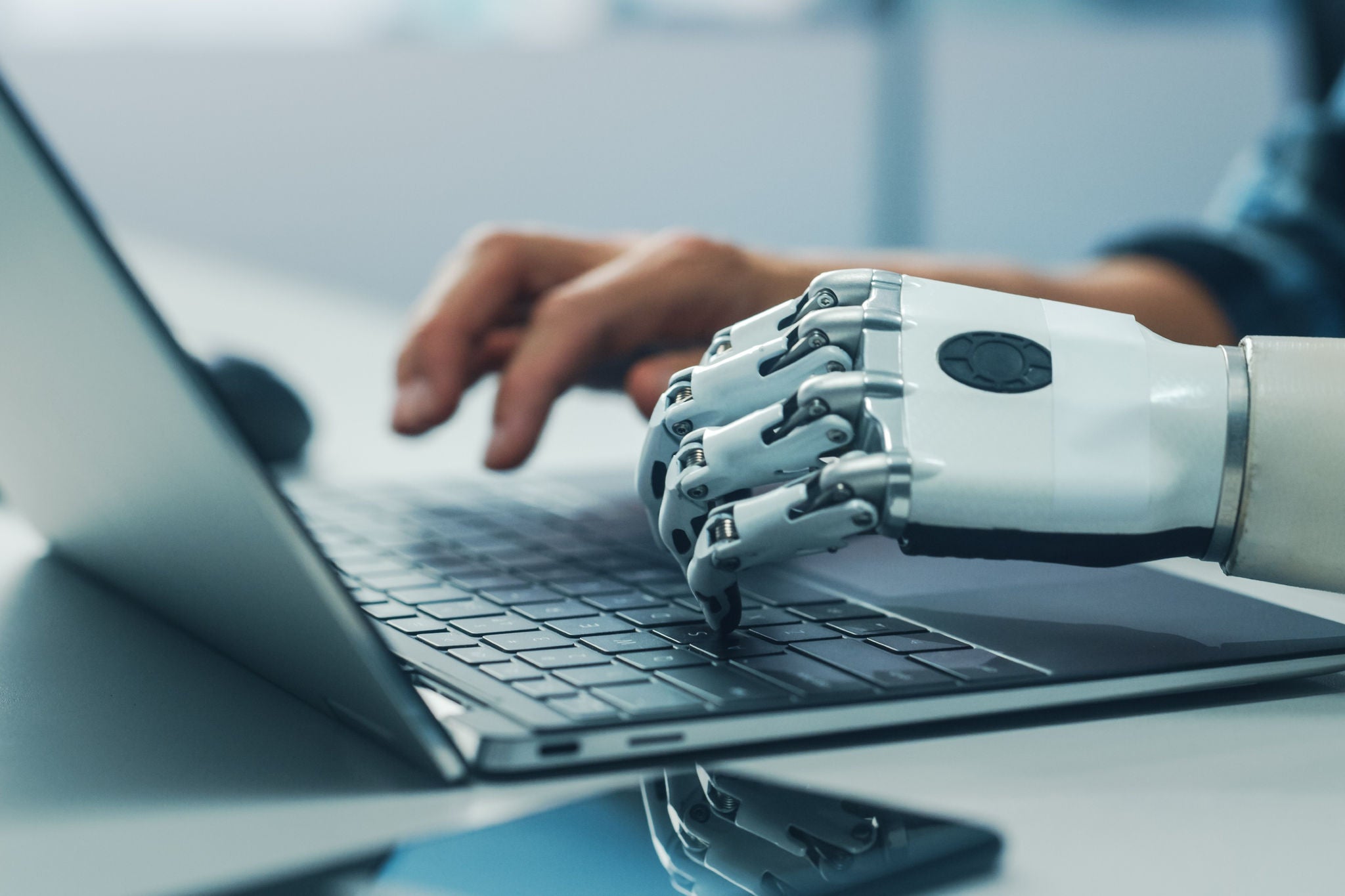EY označuje globální organizaci a může se vztahovat na jednu nebo více členských firem Ernst & Young Global Limited, z nichž každá je samostatným právním subjektem. EYG, britská společnost s ručením omezeným, neposkytuje služby klientům.

V dnešním digitálním věku, kdy umělá inteligence (AI) vstupuje do mnoha kreativních procesů, se právní systémy po celém světě potýkají s novými výzvami ve vztahu k autorskému právu a autorství děl. Rozhodnutí Městského soudu v Praze pod č. j. 10 C 13/2023-16 představuje klíčový moment v rozpoznávání právních otázek spojených s právním autorstvím děl vytvořených prostřednictvím umělé inteligence v České republice.
Soud v tomto případě rozhodoval jako jeden z prvních, ne-li vůbec první na našem území, o žalobě, ve které se žalobce domáhal uznání autorství obrázku, který vygenerovala umělá inteligence. Soud se tak musel zabývat klíčovou otázkou: Mohou obrázky vytvořené umělou inteligencí na základě zadání člověka být považovány za autorská díla? Při rozhodování o této otázce bylo nezbytné zhodnotit, zda žalobcovo zadání tzv. promptu umělé inteligenci stačí k přiznání autorství.
Městský soud v Praze dospěl k závěru, že obrázek vytvořený umělou inteligencí nesplňuje zákonné definice autorského díla, jelikož umělá inteligence jako taková nemůže být považována za fyzickou osobu schopnou tvůrčího aktu individuální tvorby. Soud navíc uvedl, že ač žalobce nesl důkazní břemeno, nepodal přesvědčivé důkazy dokládající, že by obrázek měl vzniknout právě na základě jeho specifického promptu. Žalobce sám osobně dílo nevytvořil, to vzniklo pomocí umělé inteligence, a v řízení nebylo prokázáno na základě jakého konkrétního zadání.
Dalším stěžejním bodem rozsudku bylo konstatování, že o námětu obrázku – tedy o zadání promptu pro umělou inteligenci – lze hovořit jako o námětu díla či myšlence, které podle stávající právní úpravy však nemají status autorského díla.
Rozsudek Městského soudu v Praze má široký dosah, neboť klade základy pro další diskusi o tom, jak může být stávající právní rámec ochrany autorských práv upraven tak, aby reflektoval novou realitu umělé inteligence a jejího místa ve světě tvůrčích děl.
Právní kvalifikace pak bude také zásadní pro daňové posouzení charakteru případných příjmů plynoucích z takového díla.
V případě zájmu o podrobnější informace se prosím obraťte na autory článku nebo na další členy advokátní kanceláře EY Law či týmu EY, se kterými spolupracujete.
Autoři:


